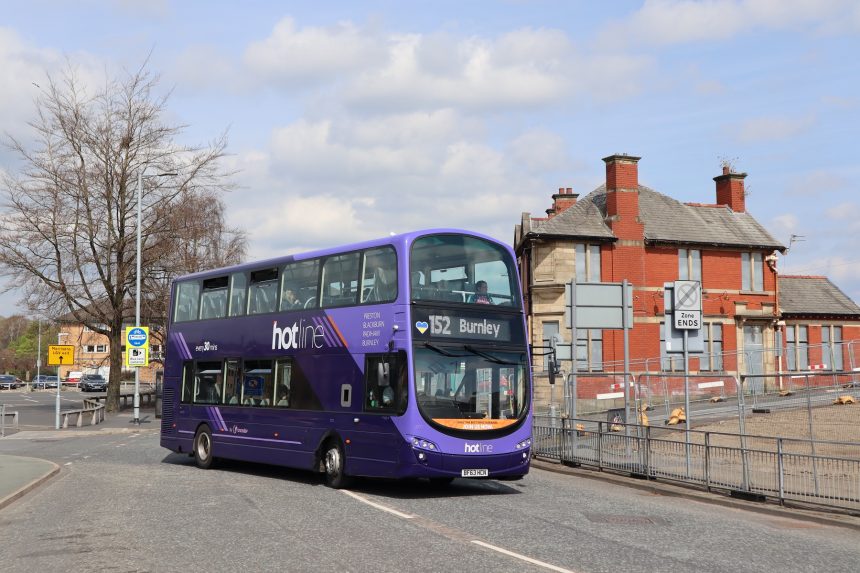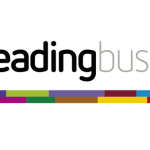As expected, Prime Minister Rishi Sunak has included bus services “across the country” as one of the beneficiaries of his decision to cancel the HS2 high-speed rail link north of the Midlands. That includes an extension of the £2 capped fare in England to the end of 2024 and a £700 million funding package for buses in the north of England and £230 million for the Midlands.
At the Conservative Party conference on 4 October, Mr Sunak claimed that “every single penny” of the £36 billion saved from part cancellation of HS2 will be put to “hundreds” of other transport projects. However, there is still no sign of what trade body the Confederation of Passenger Transport (CPT) calls “a funded, long-term plan” for bus services.
While roads and cross-country rail links were predominant in Mr Sunak’s list of some planned works, bus was mentioned specifically. He says that links between major conurbations being considered the most important part of a transport network is “a false consensus,” although over 70 road improvement schemes are said to benefit from the change to HS2.
Under the existing approach to BFCG, it was to cap single fares at participating operators in England outside London at £2 until 31 October, with a rise to £2.50 until November 2024. With a general election expected at around that time, extension of the scheme had already been suggested.
CPT has welcomed Mr Sunak’s decision around BFCG. But Chief Executive Graham Vidler has criticised “mixed messages” from the government “through its imagined war on motorists.”
Full detail is awaited on how funding for buses that is a consequence of Mr Sunak’s decision around HS2 will sit, although the Department for Transport quickly spoke of more zero-emission buses, bus rapid transit, and better services, including to hospitals and business parks.
Much of the HS2 money was not due to be spent until well into the 2030s, and so it is unclear how significant the reallocation will be in the short-term. However, the Sunday Times earlier claimed that the bus funding is expected to be released by the next general election.
In his speech, Mr Sunak referred to his approach to watering down net-zero policies as “an unapologetic defence of good Conservative common sense.” Since his pushing back of existing policy goals on 20 September, no clarification has been forthcoming on how such changes could affect the coach and bus sector.
Mr Vidler adds that bus funding “must move away from a procession of short-term fixes and instead build a long-term sustainable settlement to unlock the economic, net-zero and social wellbeing potential of buses.” The ongoing lack of long-term funding “is undermining the confidence of the industry to invest, and deterring passengers from choosing to use the bus,” he says.



























